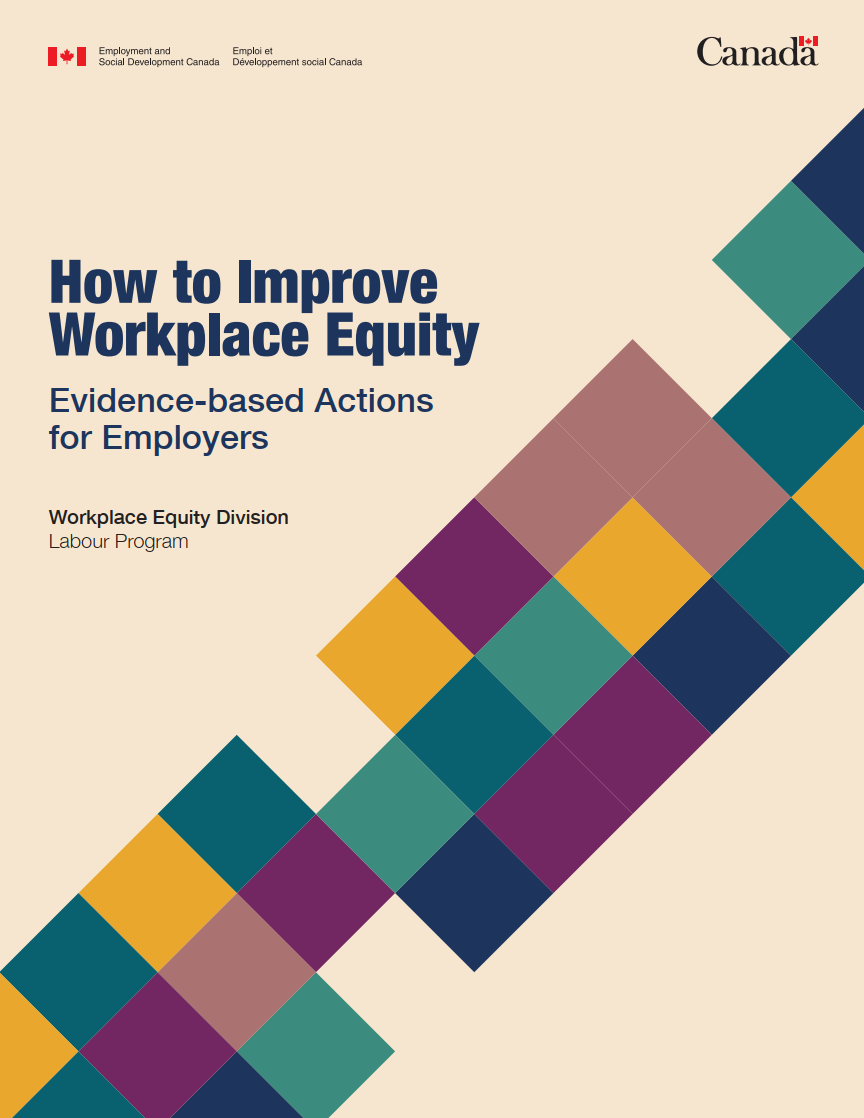In December 2022, research led by BIT on reducing discrimination against women with employment gaps was published in the journal Nature Human Behavior. Our trial found that expressing previous work experience on a CV in terms of the number of years (e.g. ‘5 years’) rather than dates (e.g. ‘2012-2017’) reduced discrimination against women who took time out of employment to look after their children. We covered this work in a previous blog, and the full report is available here.
This blog was published today on the Nature Human Behavior Behavioral and Social Sciences forum. It takes a ‘behind the scenes’ look at the paper.
Reading the results of this paper today, it’s easy to think the solution was an obvious one. When we present the findings, we sometimes ask people to predict the results – and they are usually wrong. In fact, we almost didn’t get to test the ‘no dates’ solution because the assumption was that employers wouldn’t like it.
It all started when the UK Government Equalities Office (GEO) brought in gender pay gap (GPG) legislation for the first time in 2017. Introducing GPG reporting was an important step in increasing transparency and motivating change in the UK. However, it quickly became clear that there was little robust evidence for what companies and organisations could do to reduce their gender pay gap.
Thus, the Gender and Behavioural Insights (GABI) programme was born: a research collaboration between the Behavioural Insights Team (BIT) and GEO. The GABI programme carried out over 22 research projects with employers and other partners across key challenges such as flexible working, recruitment, and sharing parental care to improve gender equality.
One of these challenges is that women are more likely to take time out of employment for caring responsibilities (90% of ‘returners’ in the UK), but face barriers in reentering the workforce, including discrimination. Research from the US has shown that employers discriminate more against candidates who had taken time out for care than for redundancy.
The main advice given to such women at the time was to ‘explain the gap’, but this approach had not been robustly tested. We decided to run an “audit trial” where we sent fictitious résumés to real employers. We wanted to test for this discrimination in the UK and understand whether an explanation improved outcomes. With our behavioural science hats on, we suspected it would not. It would most likely only make the gap more salient and inadvertently bring negative stereotypes to the forefront of an employer’s mind.
We weren’t satisfied with just demonstrating discrimination. We also wanted to test whether there would be an innovative light-touch solution that could mitigate this and help the millions of women in this position. The solution was to take dates out of CVs (what Brits call résumés) altogether. In practice, this meant that instead of a CV saying someone worked as an “HR Advisor – 2013-2018” it would say “HR Advisor – 5 years.”
The solution might seem obvious after seeing the results. However, there were many sceptical voices at the time, including among senior officials, almost to the extent that this experimental arm was dropped. We heard “employers will find this suspicious” or “employers are too used to the traditional format of a CV.”
To our delight, removing dates not only eradicated the discrimination (increasing callbacks by 15% compared with CVs with a gap), but even outperformed the CVs without a gap (by 8%). Through the subsequent online experiments, we also saw that the solution also worked for men, and that removing dates was also more successful for people with either substantially shorter or longer lengths of experience than we had tested in the field trial.
What was most exciting to learn from the online experiments was an insight into the mechanism. When I describe the results to others, many people think it is because it is easier not to calculate years of work experience and can recall instances where they have not bothered to. However, our research suggests that it is driven by making an individual’s experience more salient. This is good news for employers, who will pay more attention to the quality of the applicant.
Anyone who has made a hiring decision knows that recruitment processes are imperfect, but this often only becomes clear several months after someone is in their new role. By increasing the salience of more relevant information, employers can increase the chances that they select the best person for the role and help reduce discrimination at the same time.




